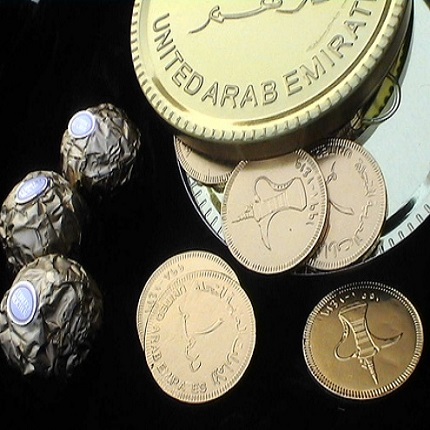 South Florida is one of the leading markets for attracting commercial real estate investments from the Middle East, according to a study by CBRE.
South Florida is one of the leading markets for attracting commercial real estate investments from the Middle East, according to a study by CBRE.
The tri-county region attracted $517 million from Middle East investors in 2015 and the first six months of 2016, making it the 10th most popular destination worldwide and fifth in the United States.
The top markets for Middle East investment, in order, were New York, London and Singapore. CBRE noted some of the largest recent deals were the $64.5 million acquisition of the W Hotel on Brickell by a fund from Qatar and the $120 million purchase of Modera Town Center in Miramar.
“Middle Eastern investors continue invest in Florida generally and South Florida specifically for many of the same reasons as they always have—its growth and demographics create very strong positive trend lines for long term holders, where many of their funds and direct investors seem to be,” said Charles Foschini, vice chairman of South Florida markets for CBRE capital markets. “Recent direct flights from Qatar to Miami will also help accelerate that demand by individuals and institutions alike.”
Overall, investors from the Middle East spent $9.8 billion on real estate in that 18-month period, accounting for 20 percent of global cross-regional investment, CBRE said. This increase in activity was driven by sovereign wealth funds, especially from Qatar and the United Arab Emirates.
Attorney Marc Shuster, co-manager of the business, tax and finance team at Berger Singerman in Miami, said he works with many clients from the Middle East who purchase real estate and they are either extremely wealthy families or have sovereign wealth funds. The Miami market has become attractive to Middle East investors because it’s become an international city that rivals the best markets in the world, but at lower price points, he said.
These investors are chasing stable yields at a time when many counties have negative interest rates, so Miami commercial real estate seems like a safe bet, Shuster said. In addition, the depressed price of oil has prompted Middle East investors to find alternative places to deploy their capital.
“They will continue to be investors in places where they historically have not been,” Shuster said. “Investors originally come into any new geography interested in existing assets and as they become more entrenched they are more interested in being ground-up developers.”
Shuster said a client from the Middle East is interested in building a hotel in Miami.
Source: SFBJ

